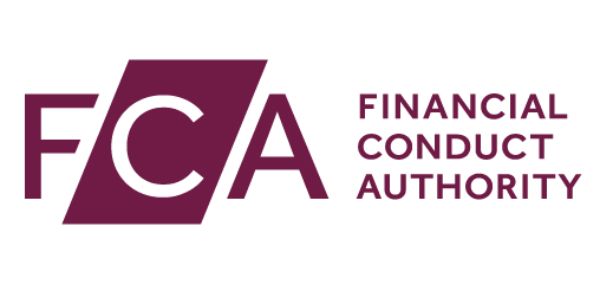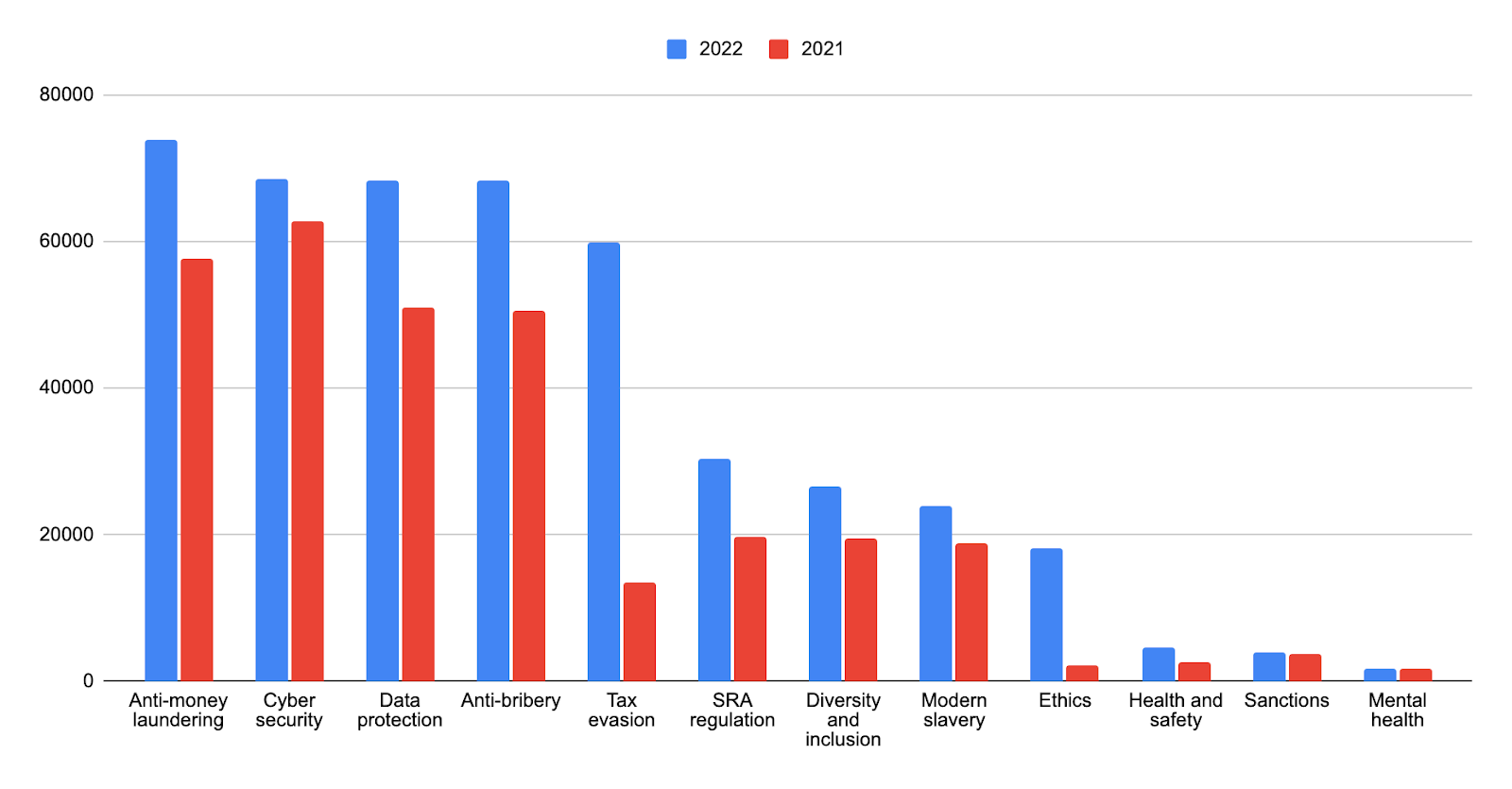What the new consumer duty means for the regulated sector
The UK’s financial regulator, the FCA, have confirmed its plans to introduce a new Consumer Duty, with the requirements in force from 31 July 2023.
This new Consumer Duty will have a significant impact on the entire regulated sector.
The Consumer Duty forms part of the FCA’s transformation to become a more innovative, assertive and data-led regulator, and is a key part of the FCA’s new three-year strategy to improve outcomes for consumers and in markets throughout the UK. The FCA has confirmed it is embedding the Consumer Duty into its approach for authorisation, supervision and enforcement.
When does the Consumer Duty come into force?
The main rules for the new UK consumer duty will come into force on July 31st, 2023, and this is the implementation deadline for new and existing products of services that are open to sale or renewal.
What is the Consumer Duty?
The Consumer Duty is actually a package of measures which will act as a new, overarching principle outlining that ‘a firm must act to deliver good outcomes for retail customers.’
- A new Consumer Principle (Principle 12) that provides a high-level expectation of conduct and associated outcomes
- A set of overarching cross-cutting rules which develop and amplify the standards of conduct that the FCA expects under the Consumer Principle
- The four outcomes, which are a suite of rules and guidance setting more detailed expectations for a firm’s conduct according to the four specific outcomes that represent the key elements of the firm and its consumer relationships
The FCA will amend the individual conduct rules in the Code of Conduct sourcebook (COCON) for SM&CR, adding a new rule requiring all ‘conduct rules’ staff within firms to ‘act to deliver good outcomes for retail customers’ where those firms’ activities fall within the scope of the Consumer Duty.
The Consumer Duty is underpinned by the concept of reasonableness. The FCA expect rules and guidance to be interpreted in line with the standard that could reasonably be expected of a prudent fir
The FCA expects the focus on acting to deliver good outcomes will be at the heart of firms’ strategy and business objectives. It expects firms to embed the duty in the same way, and receive the same level of ongoing attention, as they have with financial performance or risk.
SM&CR will apply to the Consumer Duty as it does to other Principles and rules. The FCA doesn’t want the responsibility for compliance with all elements of the Consumer Duty to apply to one individual. Instead, the responsibility should permeate throughout senior management and the design, distribution and delivery lifecycle. All senior managers are responsible for ensuring that the business of the firm complies with the requirements of the Consumer Duty on an ongoing basis.
Who does the Consumer Duty apply to?
The Consumer Duty applies to all FCA authorised firms (including firms in the e-money and payments sector) that have a material influence over, or determine, retail customer outcomes in the UK.
The Consumer Duty does not apply to firms that offer products or services that are not designed for retail customers are not in scope of the Consumer Duty, where they are only marketed and approved for distribution to non-retail customers, and not provided to another firm under an arrangement between them as part of a distribution chain for a retail product or service.
What are the key requirements of Consumer Duty?
- Cross cutting rules to act in good faith and avoid causing foreseeable harm
- Products and services must be fit for purpose
- Price and value so there is a reasonable relationship between the amount paid by a retail customer for a product and the overall benefit they can reasonably expect to receive
- Consumers are given the information they need in a way they are likely to understand
- Consumers receive a level of support that ensures they do not face unreasonable barriers or costs
- New guidance including a range of good and poor practice examples
The FCA’s four Consumer Duty outcomes
Building on the Consumer Principle and the Cross-cutting Rules, there are Four Outcomes which are the key elements of the firm-customer relationship: i.e. how a firm designs, sells and services its products and services, along with the key touch points along the ‘customer journey’.
These are:
Communications Outcome – ‘communications equip consumers to make effective, timely and properly informed decisions about financial products and services.’
Products and Services Outcome – ‘products and services are specifically designed to meet the needs of consumers, and sold to those whose needs they meet.’
Customer Service Outcome – ‘customer service meets the needs of consumers, enabling them to realise the benefits of products and services and act in their interests without undue hindrance.’
Price and value Outcome – ‘the price of products and services represents fair value for consumers.’
Consumer Duty timeline and summary
The FCA set a timeline of five milestone dates to help meet clearer, improved standards of consumer protection across all financial services.
27 July 2022: Final rules and guidance published
31 October 2022: Boards should have agreed their implementation plans
30 April 2023: Manufacturers should complete reviews to meet the outcome rules for their products and services under the Duty
31 July 2023: Implementation deadline for new and existing products of services that are open to sale or renewal
31 July 2024: Implementation deadline for closed products or services













